Cost Accounting: A Practical Guide for Smarter Business Decisions

Managing your business finances isn't just about tracking sales or paying taxes. If you're serious about growing your company and boosting profitability, you’ll want to get familiar with cost accounting. It’s one of the most useful tools to understand where your money is going and how to use that insight to operate more efficiently.
In this guide, our team at Alpha Pro Partners explains cost accounting in simple terms. We'll walk you through the basics, key methods, common challenges, and how it all connects to business success in the UAE.
What Is Cost Accounting, and Why Does It Matter?
Cost accounting is all about tracking and analyzing the actual costs of running your business—especially the cost of producing goods or delivering services. Unlike financial accounting, which is mainly for reporting to outsiders, cost accounting is an internal tool that helps you make better decisions every day.
At its core, cost accounting gives you insight into:
- How much you're spending on materials, labor, and overhead
- Where you're losing money
- How to price your products or services properly
- Which areas of your business need streamlining
If you’re working in a competitive market like the UAE, knowing your true costs isn’t just helpful—it’s vital.
Types of Costs Every Business Should Know
Here are the main cost categories used in cost accounting:
Direct Costs
These include materials or labor directly tied to making a product or service.
Indirect Costs
Also known as overhead, these are expenses like rent, admin salaries, or utilities that support the business but aren’t linked to one product.
Fixed Costs
Costs that stay the same no matter how much you produce—like rent or insurance.
Variable Costs
These go up or down depending on how much you produce, like raw materials or shipping.
Knowing these categories helps you understand your spending better, manage cash flow, and improve pricing decisions.
Cost Accounting vs Financial Accounting: What's the Difference?
While both track money, they serve different purposes:
- Cost Accounting: For internal decisions. Helps you control costs, improve margins, and set smart prices.
- Financial Accounting: For external reporting. Keeps your books clean and compliant with UAE regulations.
Financial accounting is often mandatory, but cost accounting is optional—and that’s what makes it such a powerful strategic tool.
Key Principles of Cost Accounting
Cost accounting follows a few key principles to keep things structured and useful:
Cost Elements
These are the building blocks of cost accounting:
- Direct material
- Direct labor
- Overhead costs (indirect materials, labor, and expenses)
Cost Unit
This refers to the measurable item you're tracking, like the cost per product, per service, or per hour.
Cost Centre
A location, team, or machine you track costs against. Helps you spot inefficiencies in specific areas.
Cost Classification
Grouping costs into meaningful categories (fixed, variable, direct, indirect, etc.) makes analysis easier.
Costing Methods You Can Use
The right method depends on what kind of business you’re running. Let’s explore a few:
Job Order Costing
This method tracks costs per project or job. Ideal for custom manufacturers, design agencies, or construction firms. Each job is unique, and so is the pricing.
Process Costing
Used when you're producing identical products in bulk. This spreads the cost across all units, common in factories or food production.
Standard Costing and Variance Analysis
Here, you set expected costs in advance (like AED 100 for a unit). Then you compare actual costs to those standards. If there's a big difference, you investigate why. This helps tighten your budget and planning.
Activity-Based Costing (ABC)
This one digs deeper. It assigns costs based on activities—like shipping, customer support, or production. Great if you have lots of indirect costs or multiple product lines.
Marginal Costing
Focuses only on variable costs, making it easier to calculate how much extra it costs to make one more unit. Useful for quick pricing decisions and break-even analysis.
How to Put Cost Accounting Into Action
Now let’s talk practical. How do you actually use cost accounting to run your business smarter?
Pricing Products and Services
Want to price things right? You need to know what they cost. Cost accounting shows the full picture—not just materials, but time, overhead, and more.
Cutting Costs Without Cutting Corners
Once you know your cost breakdown, you can find waste. Maybe you're overspending on packaging, or paying for unused software. These small fixes can add up fast.
Budgeting and Forecasting
Cost data helps you make better predictions. You can plan for busy seasons, spot upcoming shortfalls, and make data-driven decisions.
Monitoring Profit Margins
With accurate cost data, you can see which products or services are truly profitable—and which ones are dragging you down.
Challenges to Watch Out For
Like anything, cost accounting has a learning curve. Here are a few bumps you might hit:
- Data overload: Too many numbers, not enough insight
- Inconsistent reporting: Hard to track if teams use different formats
- Resistance to change: Not everyone likes adjusting how they do things
- Outdated systems: Manual spreadsheets just don’t cut it anymore
The solution? Implement a modern, cloud-based system like Xero.
How Technology Helps
In the UAE’s fast-moving business environment, real-time cost data is a big advantage. Tools like Xero, combined with analytics dashboards, can help you:
- Track actual vs budgeted costs
- Flag inefficiencies automatically
- Generate clear reports for decision-making
- Simplify audit trails and compliance
Emerging Trends in Cost Accounting
Cost accounting is evolving. Here’s what we’re seeing:
- AI-driven forecasting: Machine learning can help spot future cost patterns
- Sustainability tracking: Businesses are now accounting for environmental impact
- Integrated reporting: Linking financial, operational, and cost data in one view
Cost accounting is no longer just about saving money—it’s about smart strategy.
Final Thoughts
Cost accounting is like a magnifying glass for your business finances. It helps you zoom in on the true cost of what you’re doing—so you can make decisions that improve profit, reduce waste, and support growth.
At Alpha Pro Partners, we help UAE businesses use cost accounting to drive results. Whether you're just getting started or need help fine-tuning your numbers, we’re here to support your growth.
FAQs: Cost Accounting for Business Owners
What is cost accounting in simple terms?
It’s a way to track how much it really costs to run your business so you can make smarter decisions.
How is cost accounting different from financial accounting?
Cost accounting is for internal use—helping you control costs. Financial accounting is for external reporting.
Is cost accounting only for manufacturers?
Nope. Service providers, tech firms, agencies, and even freelancers can benefit.
What software helps with cost accounting?
Xero is a great option, especially for UAE businesses. It makes cost tracking easy.
Can cost accounting help with pricing?
Absolutely. Knowing your full cost lets you set prices that protect your margins.
How often should I review my cost data?
Monthly is a good habit. But you may want weekly updates if you run a fast-paced business.
Do I need a cost accountant?
Not always. Many small businesses handle cost accounting in-house with the right tools and support.
What if my cost data is incomplete?
Start with what you have. You can refine it over time. The important part is starting.
Can Alpha Pro Partners help with cost tracking?
Yes. We help clients across the UAE set up cost structures, reports, and pricing strategies.
Will cost accounting save me money?
Directly and indirectly, yes. It shows where you’re overspending and what’s driving profits.

.webp)


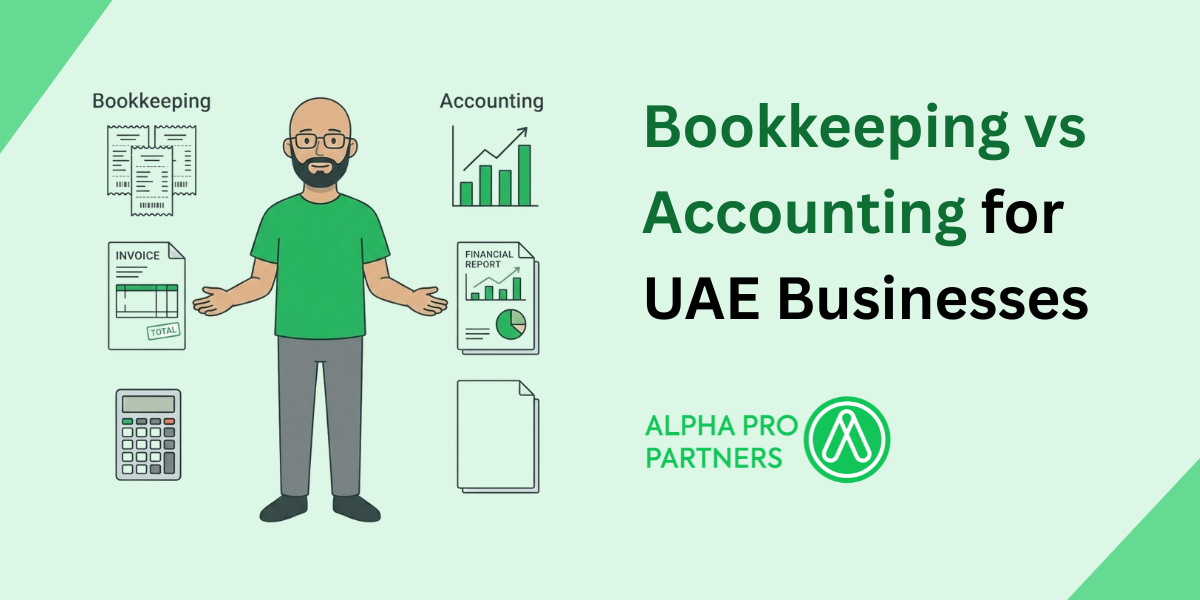
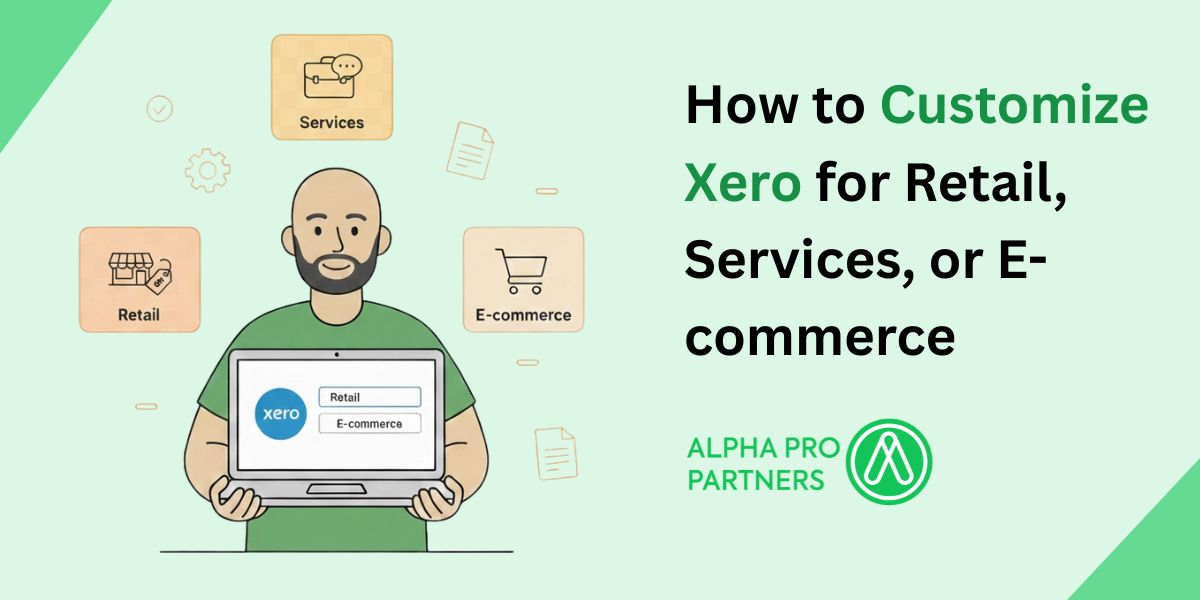

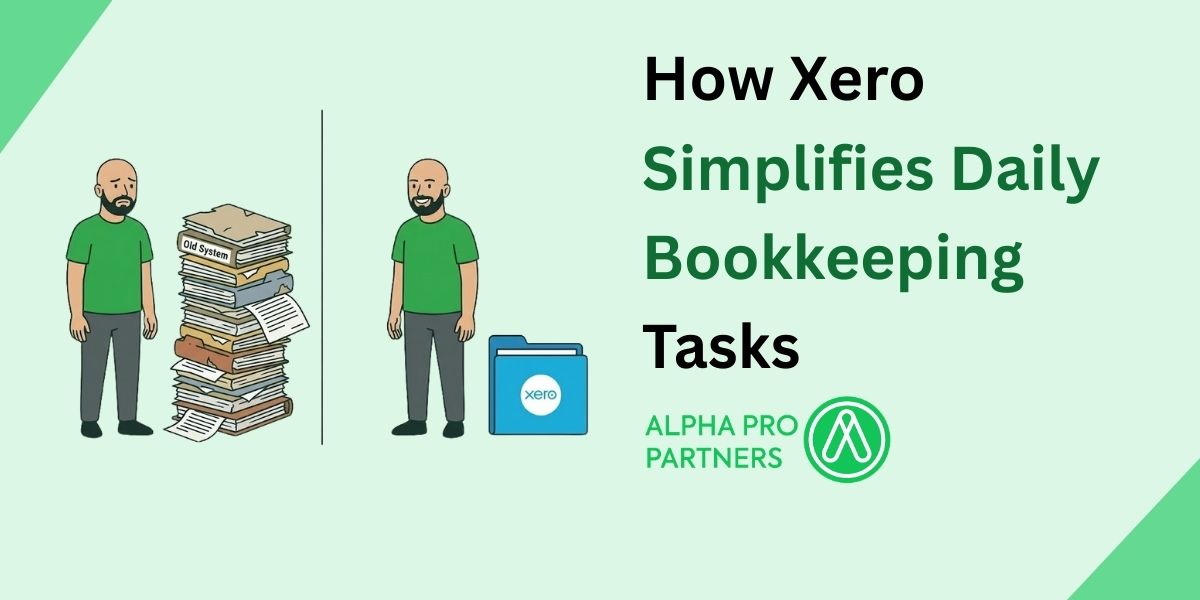
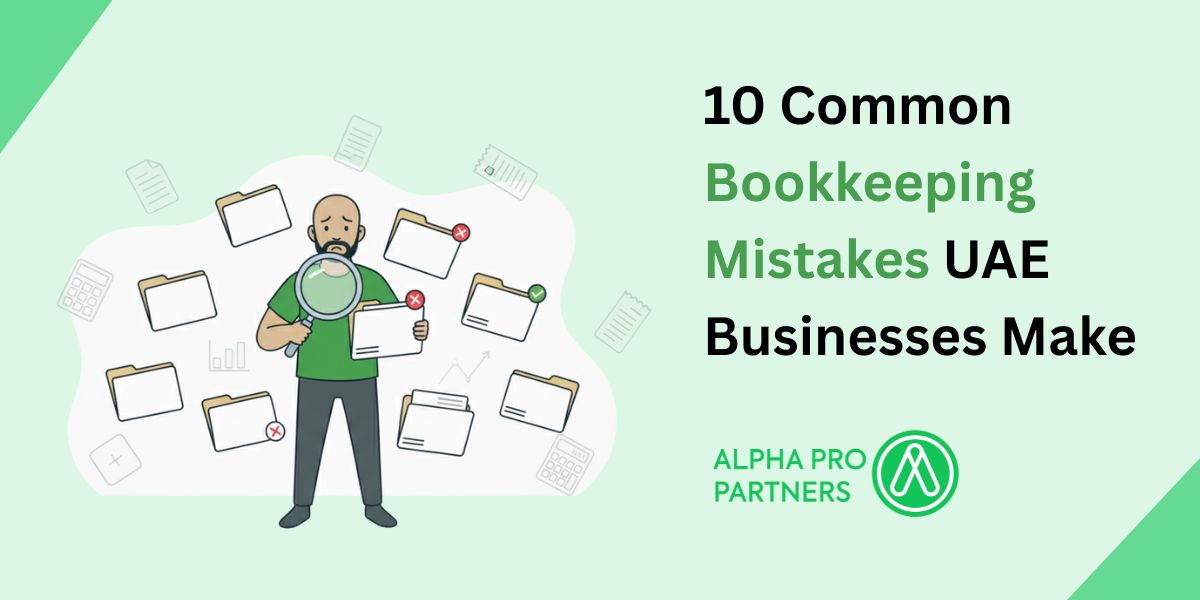
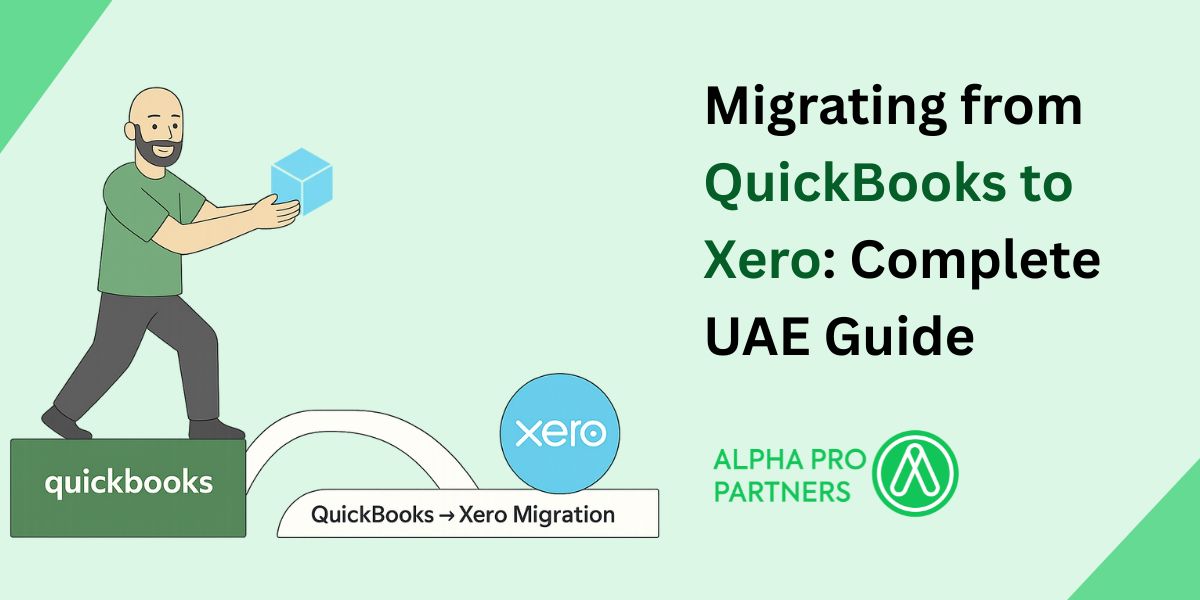








.webp)
.webp)


.png)
.png)
.png)
.png)
.png)

.png)
.png)



.png)
.png)





.jpg)


.jpg)





.png)
.png)





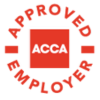
.png)


